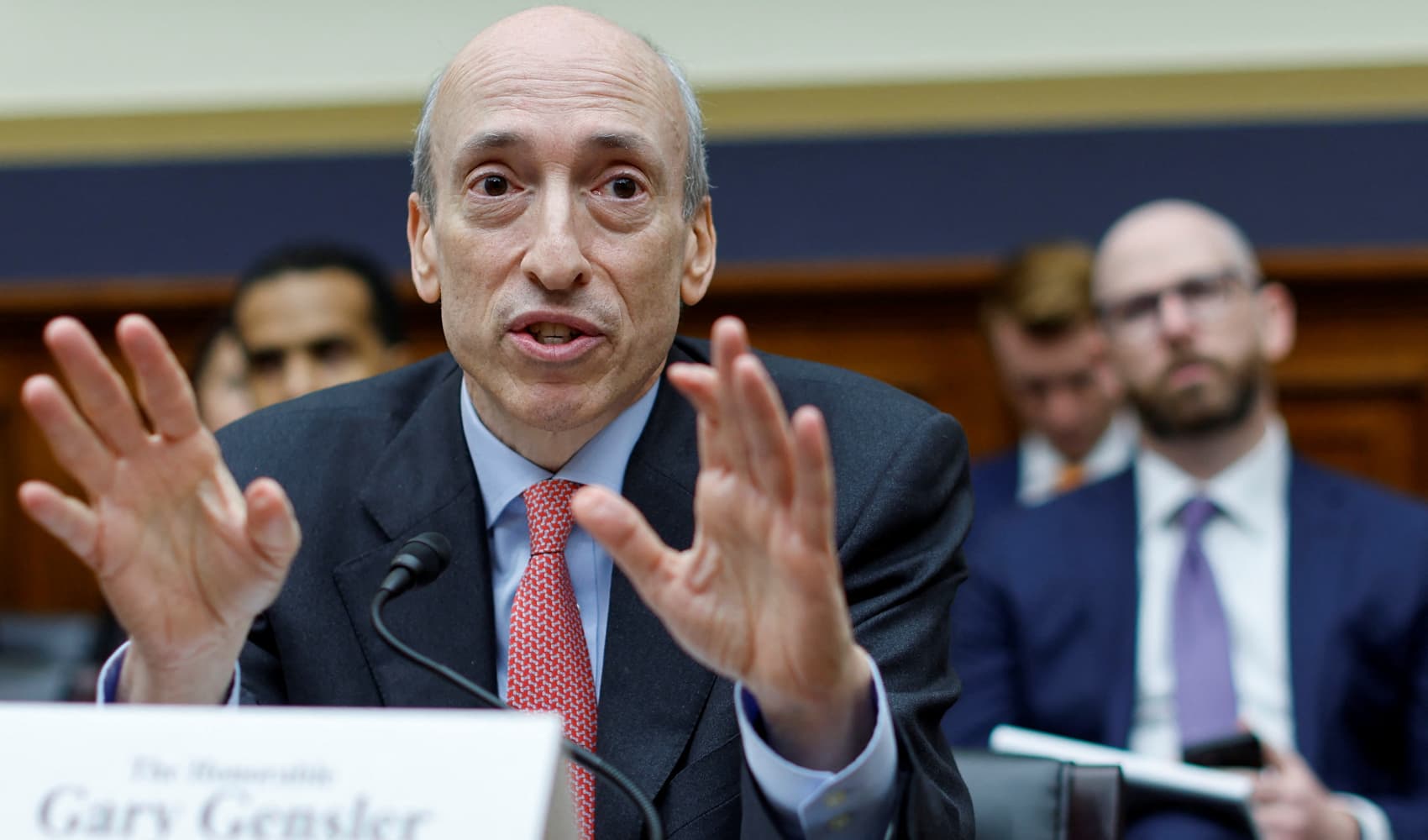
- Amazon has placed a limit of three units per week on emergency contraceptive pills sold through its website.
- The company is the latest retailer to cap purchases of the medication, often referred to as Plan B or morning-after pills.
- Demand for the pills is surging after last week's Supreme Court decision overturning Roe v. Wade and ending the constitutional right to have an abortion.
Amazon has limited sales of emergency contraceptive pills as demand spikes following last week's U.S. Supreme Court ruling overturning Roe v. Wade and ending the constitutional right to have an abortion.
The company has placed a temporary quantity limit of three units per week on emergency contraceptive pills, Amazon confirmed to CNBC.
A review of emergency contraceptive pills sold on Amazon showed varying quantity limits. A listing for Plan B, a popular brand of the drug Levonorgestrel, showed purchases were capped at three products per shopper. Meanwhile, one listing for a generic version of the drug, called My Choice, allowed users to purchase up to 30 units.
Amazon is the latest retailer to place limits on purchases of the pills. CVS said Monday it was temporarily capping purchases of Plan B pills. The company has since removed those restrictions, saying demand has returned to normal levels.
Walmart said many of the chain's products have online purchase limits that can change "during times of fluctuating demand." Walgreens said purchases of emergency contraceptive pills were not being limited.
Emergency contraceptive pills, often referred to as "morning after pills" and sold under the Plan B brand, can be purchased over-the-counter and without an ID or prescription.
Money Report
They typically work by stopping the release of an egg from the ovaries, preventing a sperm from fertilizing an egg, or, if fertilization has already occurred, stopping a fertilized egg from attaching to the womb. They're designed to be taken up to three days after unprotected sex.
Morning-after contraception pills are distinct from abortion pills, which require a prescription and can be used in the first 10 weeks of pregnancy to terminate it.
Get a weekly recap of the latest San Francisco Bay Area housing news. Sign up for NBC Bay Area’s Housing Deconstructed newsletter.
The Supreme Court on Friday overturned the landmark 1973 Roe v. Wade ruling that established the constitutional right to abortion across the U.S. Numerous states have started to impose partial or full bans on the procedure.
In response, many people have urged others to stock up on Plan B in anticipation of possible restrictions on contraceptive pills. Others said potential shortages could impact those most in need and urged people to instead fund organizations that help distribute the pills to keep it available.
-- CNBC's Ian Krietzberg and Melissa Repko contributed to this report.
WATCH: The political fallout from the Supreme Court overturning Roe v. Wade






